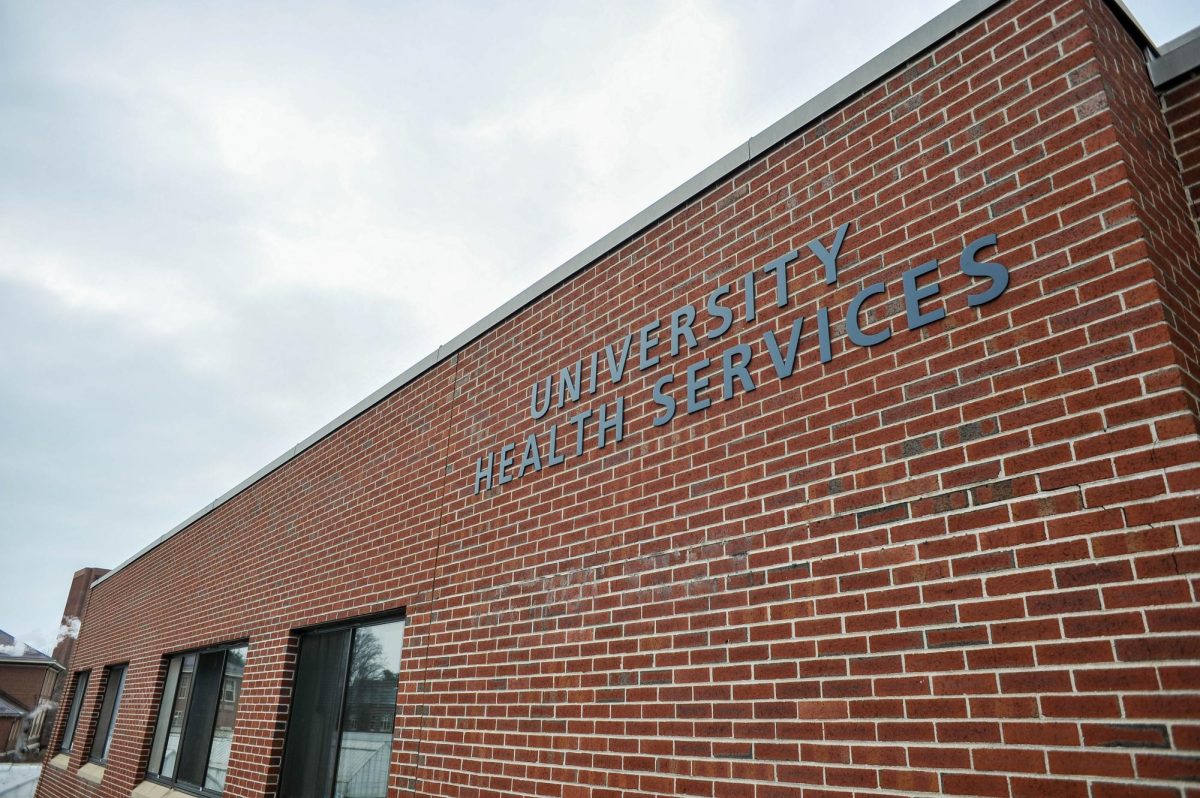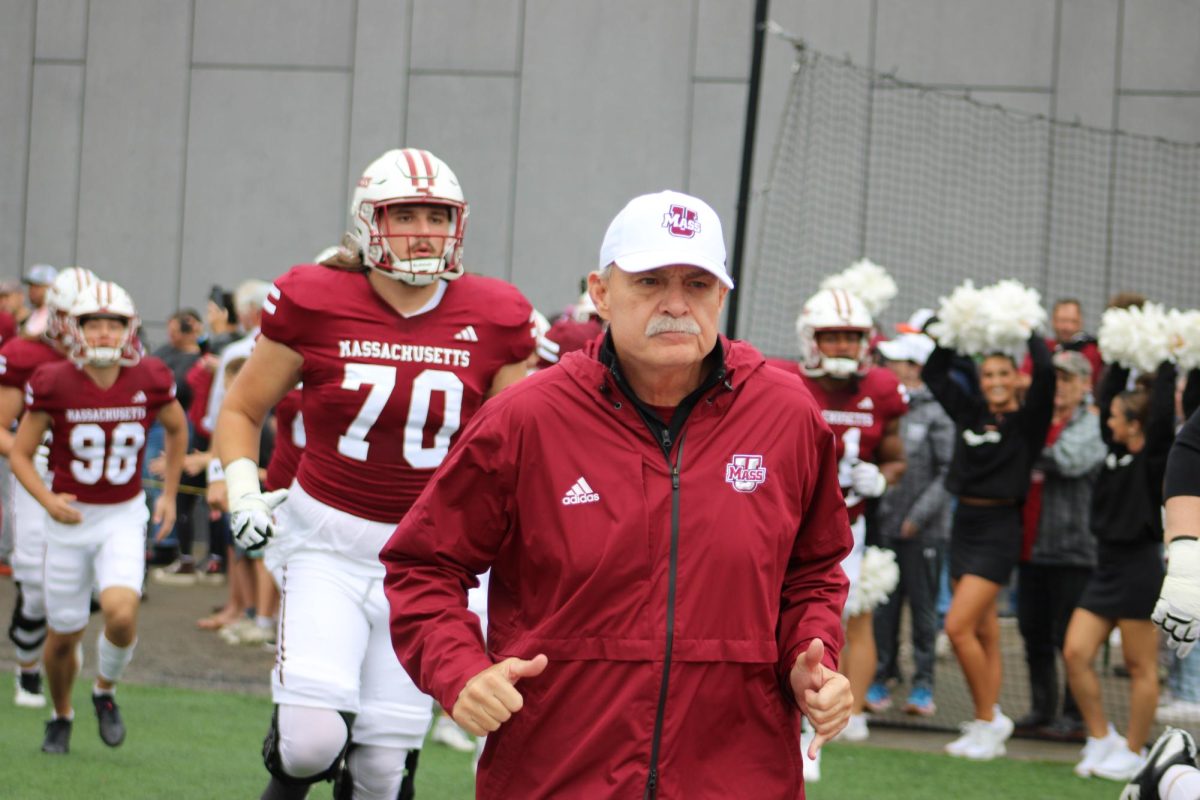In July 2022, the Healey-Driscoll Administration passed Chapter 127 of the Acts of 2022, an act that expanded support for reproductive and gender-affirming care. This required that public higher education institutions develop medication abortion readiness plans alongside the Department of Public Health for their students. The plan includes providing medication abortion on campuses, or providing information and referrals to outside facilities. By offering abortion services on campuses, students can access the necessary healthcare they may need.
A medication abortion can be completed with the use of two pills: mifepristone and misoprostol. Mifepristone blocks the hormone progesterone, which is required to sustain a pregnancy. Without it, the attachment of the fertilized egg to the uterine wall is disrupted. Misoprostol aids this process by causing the uterus to contract, pushing out any products of conception. This kind of medication abortion is available in Massachusetts up to 77 days or 11 weeks from the first day of a person’s last period.
Out of the 29 public colleges and universities in Massachusetts, the University of Massachusetts Amherst is one of two that offer medication abortion on campus. The only other school is Salem State University. By making these resources more readily available, both schools have pioneered the path to expanding medication abortion services to college students.
Despite this, not many know that all Five College students can access medication abortion on the UMass campus. As a student advisory board member of Advocates for Youth, by promoting these services, we not only inform students about accessible medical care, but also dissuade them from Crisis pregnancy centers (CPCs) and anti-abortion centers. These establishments are rampant in western Massachusetts. They are not licensed medical providers and stigmatize the overall abortion experience through shaming tactics and by spreading misinformation. But, if the University Health Services is vocal about its services and accessibility, we can dismantle these barriers and provide necessary healthcare.
Students are also able to maintain their privacy under the Protect Access to Confidential Health Care (PATCH) Act by using a caretaker’s insurance. Under this act, a student can receive any forms related to their services, such as a summary of payment (SOP), which can be sent to a different address or a private, online link. Some insurance plans may be considered underinsured, or under premium, and therefore, do not cover abortions. However, these students are eligible for Health Safety Net coverage to expand their insurance coverage for abortion care. In addition, the Student Health Benefit Plan (SHBP) and MassHealth fully cover abortions, along with many more Massachusetts insurance companies. If you do not have insurance or are unable to use it, UHS will confidentially cover it.
UHS can also provide financial assistance for its on-campus services; these services are approximately $30 out of pocket. If you are seeking to fund an abortion off-campus, it’s encouraged to check out the Abortion Rights Fund of Western Massachusetts and Tapestry Health.
Now, UMass is offering abortion doula services as well, first developed in the Community Scholars program. An abortion doula provides confidential emotional, physical and spiritual support to a patient. They do not provide medical advice nor are they licensed providers — instead, they are trained volunteers, hoping to de-stigmatize the abortion experience and guide patients through it. The UMass Abortion Doula program serves remotely, with patients opting in when they create their initial appointment. There are also post-abortion care packages available, with teas, overnight menstrual pads, pain medication, snacks and more. A room is even available at Hotel UMass for students to take the pill and/or rest privately.
Medication abortion needs to be more widely spoken about both on and off campus. If students encourage UHS to promote the availability of medication abortion and the UMass administration proudly discusses its role in pioneering it on college campuses, we will see more accessible and de-stigmatized reproductive healthcare. For more opportunities to advocate for abortion access, please check out UMass Students for Reproductive Justice (@usrj_umass), Advocates for Youth and Collective Power.
Danielle Marrocco can be reached at [email protected].



















